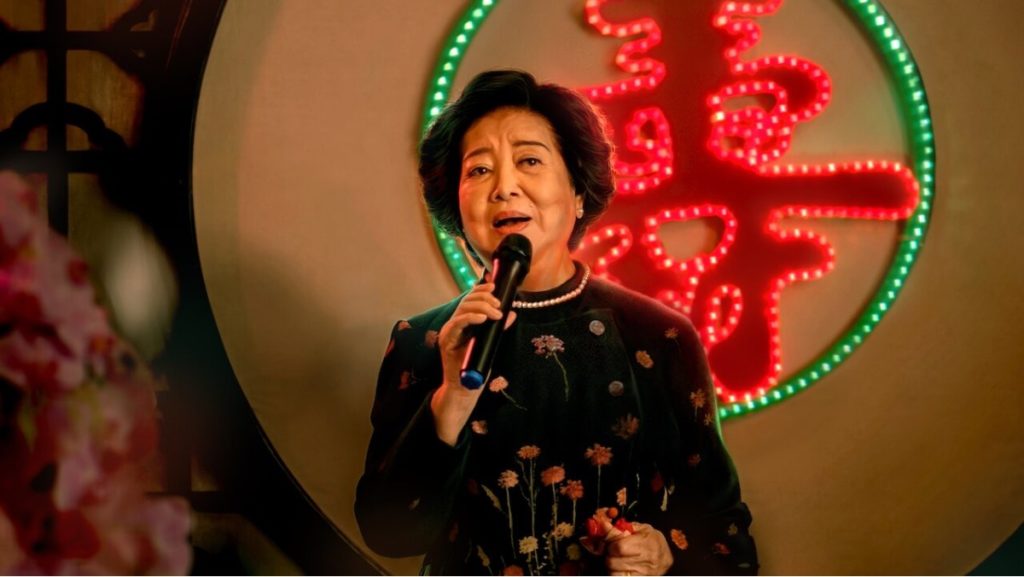One of the most striking lines of dialogue in Joseph Hsu’s film “Little Big Women” is, “Practicing Buddhism depends on fate.”
For the women of the new Mandarin-language Netflix film, fate has rigged their family on a slippery slope of grief. The Buddhist philosophy — which teaches followers that fate is user-controlled — is in contradiction with their actions and their words.
Set in Taiwan, the film follows a widow named Lin Shoying (Shu-Fang Chen) and her three adult daughters after the family patriarch has passed away. But the truth is, he was never really present in their lives to begin with. So, how do they grieve him?
This question rings throughout most of “Little Big Women.” Despite making ambitious ventures into exploring what it means to grieve, the film is seriously burdened by the thick, sticky layer of schmaltz that was poured into too many of its scenes, right from the beginning. In the opening scene, Lin is shopping at a market and interacting with the happy-go-lucky shop owners who give her free seafood. A gleeful accordion plays in the background. Cheap hits at sweetness like this appear throughout the film.
Once “Little Big Women” gets into it, there is much drama to be had. After the death of Lin’s unnamed husband, the actors bring sensitive performances to grief, particularly Lin’s eldest daughter Ching (Ying-Hsuan Hsieh). The actors invest mortality into the front end of their characters’ identities, as they now have to individually question their role as women in their family and their place in society.
One of the wins that “Little Big Women” scores is by creating grief-driven friction between Lin and her daughters. In a dinner scene that cleverly positions them in front of their father’s funeral shrine, Lin unloads on her daughters about how she believes they failed the family. She continues this behavior throughout the film. Any psychologist would put her in the anger stage of grief.
Lin’s heavy hands bear down on her daughters as she criticizes their lives, their decisions and their dreams. Lin’s failure to recognize that her harshness is motivated by grief creates an affecting and captivating dilemma that many families have experienced.
As the tragedies of the film continue — like when Ching comes down with a major health issue — the film develops a pattern that is sure to disappoint audiences. When a scene has silence and allows the actors to perform without the soundtrack, the film hits solid emotional punches. When a scene includes its exceptionally unexceptional score of overused orchestral swellings, the emotion is lost. The shame is that a version of “Little Big Women” with a less prominent score would be a great film. In too many scenes, Hsu uses the score as a crutch when he doesn’t need one. A scene at the end of Lin singing karaoke while crying features a melodramatic orchestral composition that changes the scene from moving to unintentionally funny.
“Little Big Women” isn’t all bad on the technical aspects. In terms of cinematography, the film kills it. Crisp, coordinated and colorful, the visual design of the film uses the world that surrounds the family to its benefit. When Lin cries in a temple at the end of the film, the composition choices and production design make for a visually and emotionally memorable scene.
Despite the shortcomings of “Little Big Women,” Hsu has shown potential to become a great filmmaker. With delicate performances, active cinematography, strong themes and an incredibly out-of-place soundtrack, “Little Big Women” is a great film trapped in the body of a bland film.





















